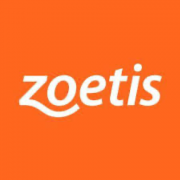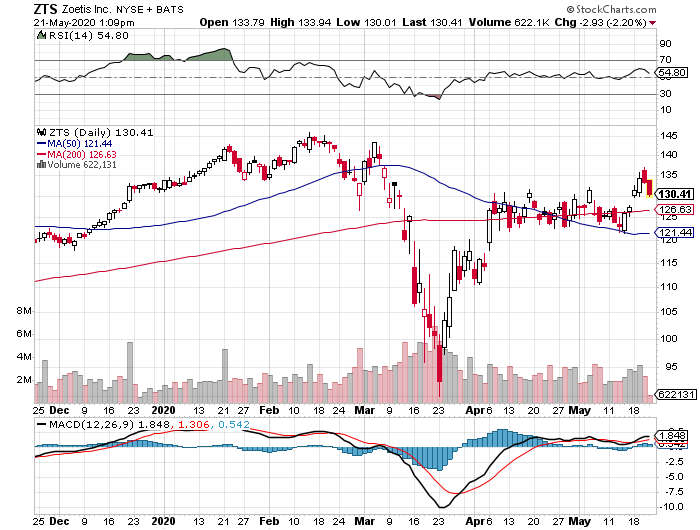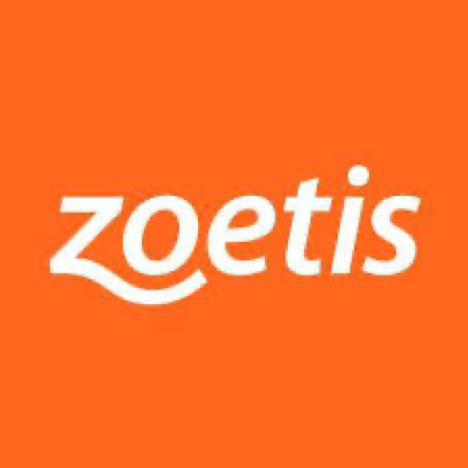There is Still More Bang Per Buck with Zoetis
Zoetis (ZTS) has been an investor darling since it was spun off from Pfizer way back in 2013. From day one, since this animal healthcare stock went public, shares have soared by 382%.
This stock’s popularity among growth investors stemmed from two emerging trends today. The first is the “humanization” of our pets through healthcare. The second is the rise in global demand for animal protein.
Both tailwinds have been responsible for the steady growth of Zoetis and are anticipated to continue to do so in the years to come.
With everything that has happened since we welcomed 2020, is Zoetis still a good stock to buy?
Earlier this month, Zoetis released its fourth-quarter earnings report for 2019. As usual, the company once again impressed its investors by beating estimates.
The company reported a quarterly revenue of $1.7 billion, indicating a 7% improvement from its performance in the same quarter in 2018.
Adjusted net income came in at $440 million, breaking down to earnings per share of $0.92.
In comparison, Wall Street estimates pegged Zoetis’ quarterly revenue at $1.6 billion with an EPS of $0.88.
Notably, Zoetis’ international business segments and its US market are practically equal in terms of size. Its US market raked in $861 million in revenue, showing off a 6% boost in this quarter. Meanwhile, its international sales increased by 9% to reach $791 million.
Although all these are enough to make investors happy, Zoetis’ 2020 guidance gave some of its investors pause.
According to the company, it estimates a jump in its annual growth somewhere between 5.5% and 8%, pushing its revenue from $6.3 billion to reach an amount somewhere between $6.65 billion and $6.8 billion.
However, this projection has been met with skepticism in light of COVID-19.
Looking at its reports, roughly 3% or $200 million of Zoetis’ sales last year came from China.
Despite this, Zoetis appears to be confident that it can hit its goals this year.
The company’s companion animal business, which primarily sells medicines for cats and dogs, picked up the slack from the decline of its beef and dairy cattle markets.
In fact, revenue from the companion animal arm showed an 18% jump year over year and reached $784 million.
One of the main drivers in this sector is Zoetis’ dermatology brands, Apoquel and Cytopoint. Both are estimated to bring in roughly $700 million in annual sales. Boosting this momentum are the company’s parasiticide items like ProHeart 12 and Simparica.
However, it’s the launch of Simparica Trio that generated excitement among Zoetis investors.
Simparica Trio is the company’s new chewable “triple combination parasiticide for dogs.” According to the company’s guidelines, this product is expected to add at least $150 million in revenue for the last three quarters of 2020.
This new drug’s appeal lies in the fact that it can simplify the lives of pet owners. Simparica Trio only needs to be administered once a month.
After that, the pill can be relied on as a preventive measure against heartworm disease. It can also control ticks, intestinal nematodes, and fleas in dogs. With Simparica Trio, pet owners no longer need to buy and administer multiple products.
To date, this medicine has received regulatory approval in Canada and the European Union. It’s expected to receive US approval in the first half of this year.
Simparica Trio is also expected to broaden Zoetis’ market share in the parasiticides sector, where it only ranks fourth.
Zoetis is also looking to explore the lucrative market of osteoarthritis treatments for cats and dogs.
Taking a page off the world’s top-selling drug, Abbott Laboratories’ (ABT) blockbuster rheumatoid arthritis treatment Humira, the animal health company plans to create pain medication based on the same technology. If Zoetis succeeds, then it’ll be the first company to address this unmet market.
Apart from these, Zoetis will also expand its services to include diagnostics as well as digital and data analytics.
In fact, the company has started investing in “precision livestock farming.” A good example of this initiative is its Smartbow technology, which is a dairy cow monitoring system that utilizes motion detectors. These are attached to the animals’ ears in an effort to identify patterns that can signify health issues.
Zoetis has been one of the most attractive stocks on the market since 2013.
While a lot of healthcare and biotechnology companies are at risk for increased volatility this year especially with the US presidential election, this animal health stock should be relatively resistant to political drawbacks.



